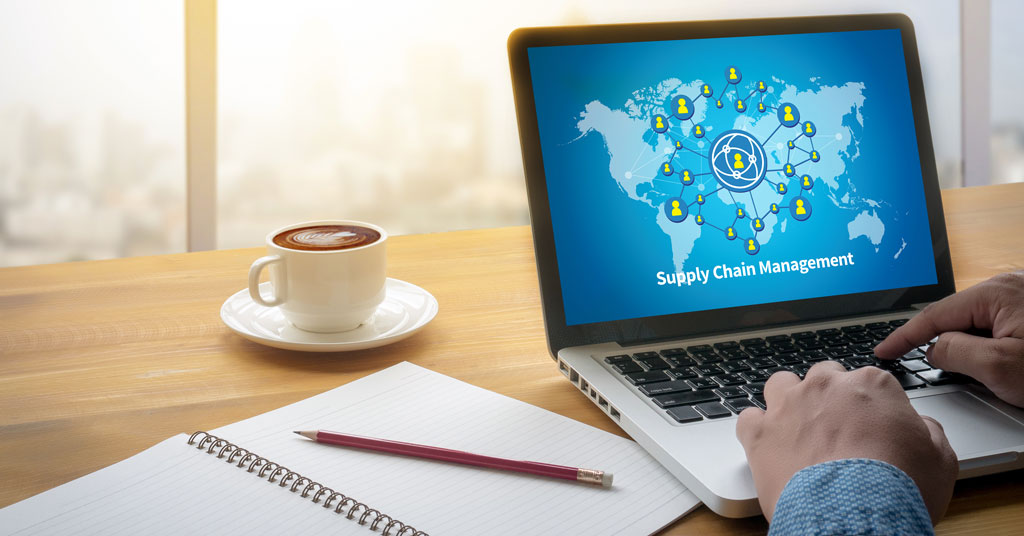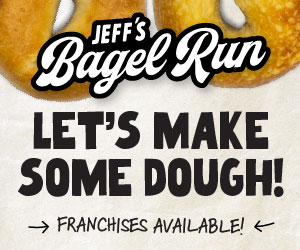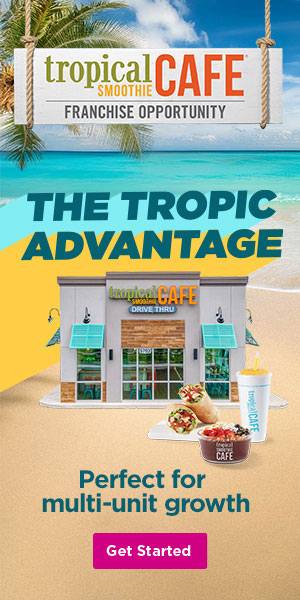Ensuring a Reliable Supply Chain in International Franchising

This is an excerpt from a column that will appear in the upcoming issue of Franchise Update magazine. Read the full article, and others by Bill Edwards on international franchising. Available online and in print in late November. Subscribe here.
When we go to our favorite franchise chain restaurant we expect the food to be high quality and safe to eat. We simply take food quality and safety for granted. Behind that expectation is the supply chain that makes sure the beef or chicken we eat has gotten from farm to market in a timely and safe manner. This happens because of an established “supply chain” that is neither simple nor easy to keep in place.
A food supply chain can be difficult to maintain, even in so-called first world countries. In February 2018, KFC had to close 750 restaurants in the United Kingdom — after running out of chicken. At the peak of the shortage, only 70 of the chain’s 900 U.K. and Ireland stores were open for business. KFC had made a major change of supplier and distribution system in an attempt to cut costs. Instead they incurred huge losses for almost a week.
What are some of the specific challenges major food chains face when managing a global supply chain? If a brand is importing food products to the United Arab Emirates where there are a large number of foreign food and beverage brands operating, they must ensure the “sell by” date is 6 months or longer when the product reaches port, or it will be destroyed by government officials. Some countries impose high tariffs on imported food. Chinese customs officials make it particularly hard for U.S. companies to import such things as spices and seasoning mixes. And let’s not forget the social media impact when there is a food quality problem: one person in Indonesia goes on Facebook to tell friends she got sick at a western food brand and we have a global problem.
With all of this in mind, we contacted franchise sector experts in supply chain management to get their input. (Editor’s note: The full column, when it appears, will have more sources and lengthier observations and advice.)
“Supply chain activities cover everything from product development, sourcing, production, and logistics, as well as the information systems needed to coordinate these activities. Supply chain and logistics go hand in hand. This also depends on if it’s local, regional, or international as well as if the product is frozen or fresh or inventory.”
William Gabbard, President, Edwards Global Services
“Every country is different in terms of import requirements and they change randomly, which can restrict the export potential overnight. Align with an experienced distributor to assist in planning/logistics/ordering, etc. Usually the distributors that supply other QSRs have the proven expertise for this type of business (rather than local options). The U.S. Commercial Services can be a good resource when entering a new country. And major U.S. suppliers that have international presence such as Coke, Pepsi, Lamb Weston, and McCain Foods can be enlisted to help identify local expertise.”
Michele Rushing, Director, Supply Chain, CKE Restaurants, who manages the supply chain for more than 500 restaurants in more than 25 countries
“When Mosquito Squad began its efforts to expand internationally, it worked with its key suppliers to determine where their international supply chains were already established in international markets being considered. The company decided to only target markets where it could connect its international licensees into the established supply chains of its partners who manufacture the core ingredients blended into its mosquito control barrier treatments.”
Chris Grandpre, Chairman and CEO of Mosquito Squad
The Bottom Line
No matter where in the world an international franchisor develops their brand, they keep their home country supply standards. While this presents challenges, that is what makes the franchise a brand, and is why customers and licensees alike want brands worldwide today.
William Edwards, CEO of Edwards Global Services, has 45 years of international business experience. He has lived in 7 countries, worked on projects in 72, and has advised more than 40 U.S. companies on international development. He has been an international master licensee in 5 countries and a U.S. franchisor senior executive. Contact him at 949-375-1896 or [email protected].
Share this Feature
Recommended Reading:
| ADVERTISE | SPONSORED CONTENT |
FRANCHISE TOPICS
- Multi-Unit Franchising
- Get Started in Franchising
- Franchise Growth
- Franchise Operations
- Open New Units
- Franchise Leadership
- Franchise Marketing
- Technology
- Franchise Law
- Franchise Awards
- Franchise Rankings
- Franchise Trends
- Franchise Development
- Featured Franchise Stories
| ADVERTISE | SPONSORED CONTENT |






 The franchise opportunities listed above are not related to or endorsed by Franchising.com or Franchise Update Media Group. We are not engaged in, supporting, or endorsing any specific franchise, business opportunity, company or individual. No statement in this site is to be construed as a recommendation. We encourage prospective franchise buyers to perform extensive due diligence when considering a franchise opportunity.
The franchise opportunities listed above are not related to or endorsed by Franchising.com or Franchise Update Media Group. We are not engaged in, supporting, or endorsing any specific franchise, business opportunity, company or individual. No statement in this site is to be construed as a recommendation. We encourage prospective franchise buyers to perform extensive due diligence when considering a franchise opportunity.